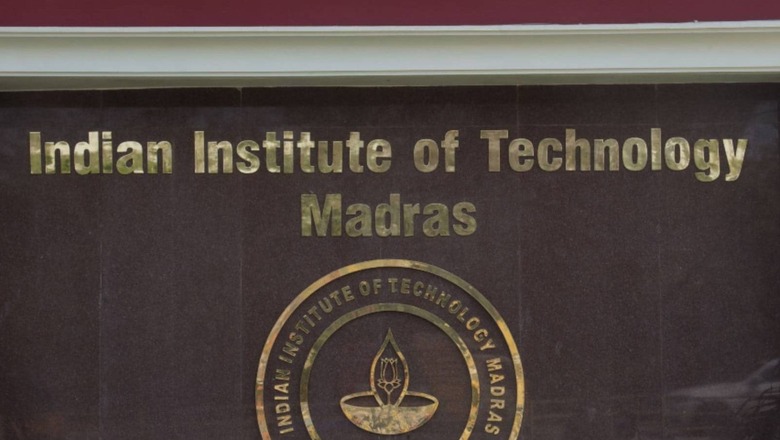
views
Researchers from the Indian Institute of Technology, Madras, have developed an artificial intelligence (AI) tool that can predict cancer-causing gene mutations in an individual.
Named PIVOT, the tool utilises information on mutations, expression of genes, copy number variation in genes and changes in biological network due to altered gene expression to make its predictions.
The findings of the research have been published in a peer-reviewed journal, ‘Frontier in Genetics’.
PIVOT is part of personalised cancer care that has been growing all over the world. It has been found that conventional methods of treating cancer, including chemotherapy and radiation, kill non-cancerous cells, too, thereby causing severe side-effects for the patients. Personalised cancer treatment looks at addressing a malignant tumour based on the needs and development of the disease in that particular patient.
HETEROGENEITY OF CANCER CELLS
Explaining in detail the working mechanism of PIVOT, Dr Karthik Raman, associate professor, Bhupat and Jyoti Mehta School of Biosciences in IIT Madras, said: “There are mutations that keep accumulating in the cell; however, only a few of them push the cell into a cancerous state. PIVOT helps identify these mutations in a personalised fashion, based on their functional impact. Our approach captures the heterogeneity of tumours. Our predictions show that the same gene is labelled as tumour-suppressor genes (TSG) in one patient and oncogene (OG) in another patient of the same cancer type. Such predictions are not possible with the existing computational tools. This unique feature reaffirms that genes can behave differently based on the signals they receive, the environment, and other factors.”
The research states that alterations in the genome drive the progression of cancer. Mutations in certain genes, called driver genes, give cancer cells an added growth advantage. These mutations, as well as other genomic changes, such as copy number variations (CNVs), accumulate as the tumor progresses. The genomic landscape of cancer is complex, with differences between cancer types in the number of mutations observed. The mutated genes vary between cancer types and within subtypes of cancer. Cells are heterogeneous within the same tumor, and heterogeneity confounds our understanding of the evolution of tumours.
PIVOT is based on a machine-learning model that classifies genes as TSG, OG or neutral genes. The tool was able to successfully predict existing OG and TSG like TP53, and PIK3CA, among others, and new cancer-related genes such as PRKCA, SOX9 and PSMD4.
ACCESS TO PERSONALISED CANCER CARE
Speaking on the importance of providing personalised cancer treatment, Malvika Sudhakar, research scholar at IIT-Madras, said, “The research area of precision medicine is still at a nascent stage. PIVOT helps push these boundaries and presents prospects for experimental research based on the genes identified.”
However, how accessible is personalised cancer care in India?
Dr Raman said: “With the plummeting costs of genome sequencing, and a rise in oncology platforms/startups which are experimenting with a wide variety of screening approaches, there is a good likelihood that we will see a more personalised cancer care in India in the near future, say, within four-five years, at least for certain types of cancers.”
When asked if any person diagnosed with cancer can use PIVOT, Dr Raman, who is also a core member at Robert Bosch Centre for Data Science and Artificial Intelligence (RBCDSAI) at IIT-Madras, replied: “Currently, we have trained the data on publicly available cancer genomes. Therefore, any individual diagnosed with cancer – their cancer genome – can be tested using the PIVOT pipeline. In the future, we hope to expand the training data for PIVOT and make it more widely usable.”
Read all the Latest News and Breaking News here



















Comments
0 comment